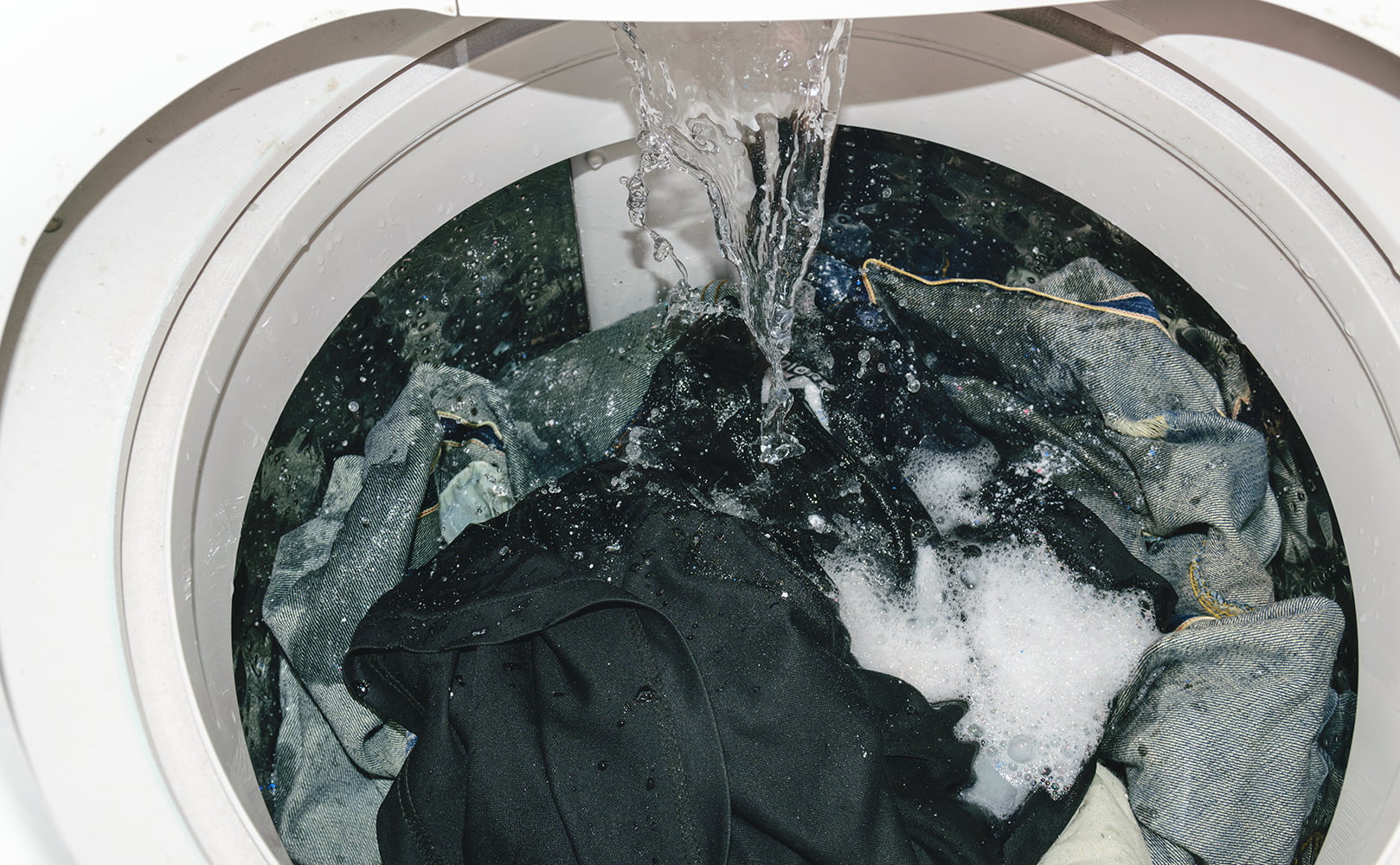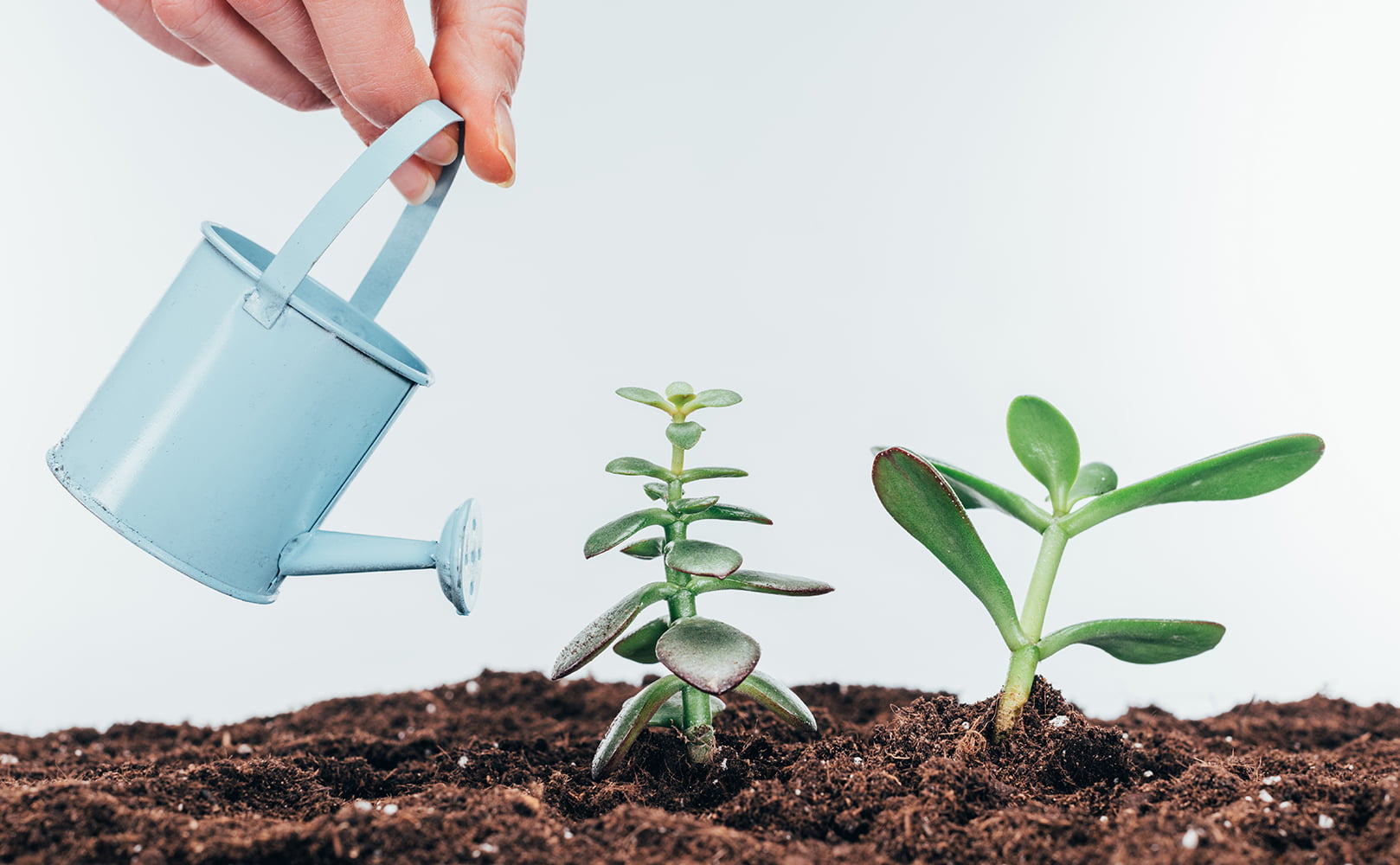Can We Use RO Waste Water for Washing Clothes?
Written by: Gene Fitzgerald // Last Updated: Apr 17, 2023
This page may contain affiliate links. If you buy a product or service through such a link we earn a commission at no extra cost to you. Learn more.
One of the main disadvantages of reverse osmosis filtration is that it tends to waste a lot of water.
Good news is, it’s possible to still do something useful with that water, even if it’s not good for drinking.
This article discusses if we can use RO waste water for washing clothes.
Key Takeaways
- Washing clothes is one of the best ways to reuse reverse osmosis waste water.
- You just need to be careful that the water isn’t too heavily contaminated to damage your washing machine or clothes, which is usually not the case.
Can We Use RO Waste Water for Washing Clothes?
So, can we use RO waste water for washing clothes? Yes, we can. There are no issues in general when it comes to using reverse osmosis waste water for washing clothes.
Sure, it’s more contaminated than even your regular tap water, but that shouldn’t matter much for doing laundry.
The only problem might be if the waste water is exceptionally high in hardness minerals or stuff like iron that could stain your clothes. But more on this below.
Why Use RO Waste Water for Washing Clothes?
Why should you even use waste water from your reverse osmosis system for washing your clothes, though? Can’t you just use regular water?
While you can, the main point here is to do something useful with your RO waste water instead of letting it go completely to waste.
Can Work Just as Well as “Regular” Water
As we mentioned above, there is no real difference between washing your clothes with regular water, filtered water, or reverse osmosis waste water. However, reusing RO brine will be beneficial to the environment and your own budget.
Eco-Friendly
By washing your clothes with reverse osmosis waste water, you’re repurposing that water for something useful. This is better than what most people do – which is to simply flush their waste water down the drain.
Save Money
This will also reflect positively on your water and sewer bill. Reverse osmosis usually produces a lot of waste water. But if you can manage to reuse most of it for washing clothes or any other purpose that makes sense, It’s not that big of a big deal.
Of course, this has to be balanced with factors like the impact of the waste water on your washing machine (and the fabrics themselves). We’ve covered that in more detail below. The point here is your washing machine might require more maintenance in the long term if it uses reverse osmosis waste water. This is typically only the case when your water is heavily contaminated with specific types of contaminants, though.
Tips for Washing Clothes with RO Waste Water
With that in mind, how should you actually go about washing your clothes with RO waste water? Is there anything special you should pay attention to?
Generally, you can follow the exact same procedure you normally do, but you might have to make some small adjustments…
Use High-Quality Laundry Detergent
It’s a good idea to switch to a high-quality laundry detergent if you’re not already using one. That’s because the higher contamination of the waste water might require more aggressive cleaning.
No need to go overboard with this, though. Using too much detergent can also be disadvantageous. You may have to experiment a little until you find the right balance.
Use a Fabric Softener
Reverse osmosis waste water is often harder than regular tap water. That’s because it carries all the potential hardness contaminants from your original input water. If your input water is already pretty hard, your reject water will be even harder. This can make it unsuitable for washing clothes. You can compensate for that by using a fabric softener.
Can Reverse Osmosis Waste Water Damage My Washer?
You should also pay attention to the kinds of contaminants that end up in the waste water. If it contains lots of sediment , iron, or hard water minerals, using it could lead to potential issues with your washing machine.
There are options available for countering this. For example, you can use washing machine salt against hardness. Your manufacturer should have clear guidelines about what to do when your water is heavily contaminated in this manner.
How to Store RO Waste Water for Washing Clothes
If you plan on using reverse osmosis waste water for washing your clothes, you should figure out a system for storing it. You don’t need to take any special precautions. Here are some simple ideas to consider:
Large Holding Tank
The easiest solution is to simply hook up a large tank directly to the drain line of your reverse osmosis system. Take care that this is not a pressure tank, however. As long as you pay attention to that, everything else is pretty much irrelevant. The most important factor here is the size of your tank. And of course, make sure to check on it regularly to avoid having it overflow.
Bucket or Other Vessel
A simpler solution would be to use a bucket or some other vessel. This is obviously more limited in storage capacity and it can be a bit more inconvenient as you would have to carry the bucket around. If you only need to use your wastewater for a few quick washes, though, it should do the trick. This can be very useful if you wash your clothes by hand and don’t use a washing machine.
Alternative Ways to Reuse RO Reject Water
There are other things you can do to reuse your reverse osmosis waste water as well. Here are some things you can try for your household:
- Water your garden
- Wash your dishes
- Clean your floors
- Wash your car
- Flush toilets
Generally, as long as you don’t require clean water for something, you’re good to use reverse osmosis waste water for that process. Take a look around your house and you would probably see at least a few opportunities to use your RO reject water.
Is the Reject Water Produced by a Reverse Osmosis System Really Wasteful?
There is an argument to be made about how wasteful exactly reverse osmosis is. While some people write off the waste water completely, that doesn’t have to be the case. You can also see it as a natural part of the filtration process.
In the end, every type of water filtration has some waste associated with it. Wasting water might still be better than wasting electricity or other resources. Especially when you consider that the waste water can still be reused for other purposes pretty effectively.
If you have any thoughts about the question, can we use RO waste water for washing clothes, please don’t hesitate to leave a comment below!
Information provided on BOS is for educational purposes only. The products and services we review may not be right for your individual circumstances.
We adhere to strict editorial guidelines. Rest assured, the opinions expressed have not been provided, reviewed, or otherwise endorsed by our partners – they are unbiased, independent, and the author’s alone. Our licensed experts fact-check all content for accuracy. It is accurate as of the date posted and to the best of our knowledge.



